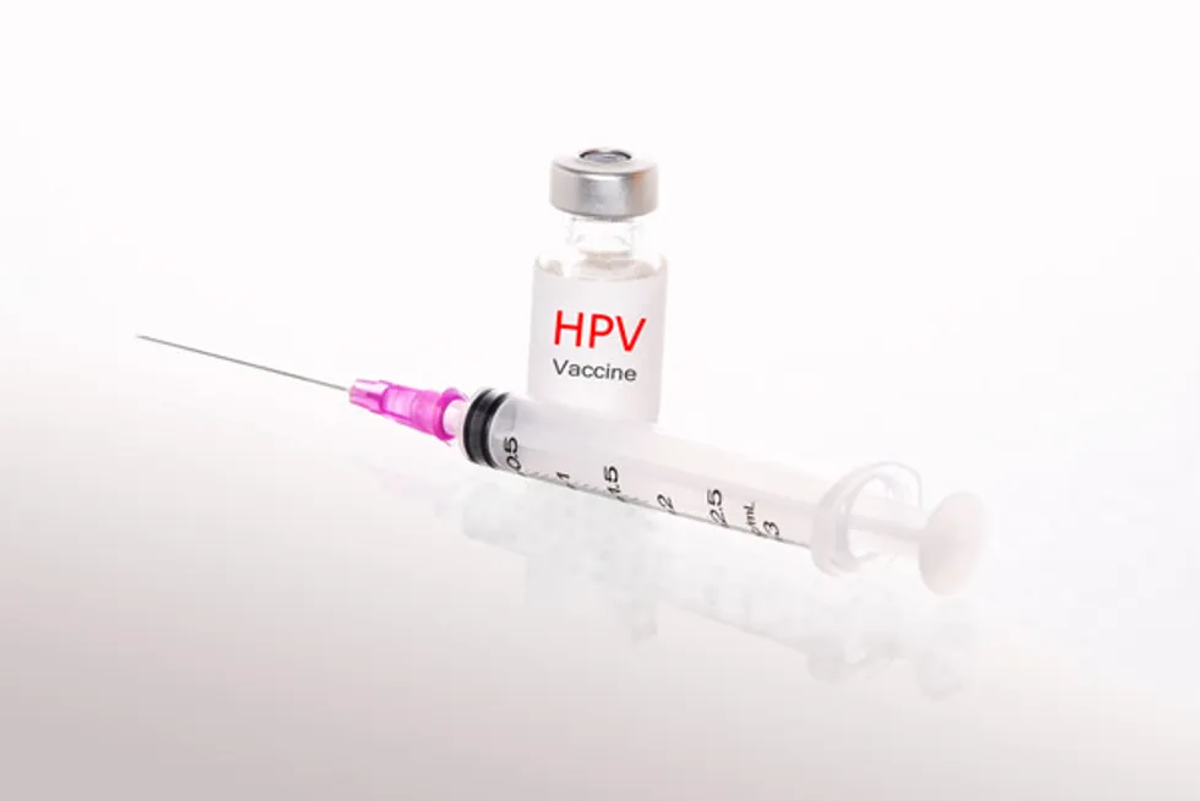
HPV Vaccine Does Not Appear to Boost Risky Teen Sex, Study Shows
Feb 09, 2015
Jan 16, 2024
Sexual Health
Learn about our editorial policies

This article has been archived. We will no longer be updating it. For our most up-to-date information, please visit our hpv information here.
MONDAY, Feb. 9, 2015 (HealthDay News) -- Contrary to what some parents might fear, girls who get vaccinated against the human papillomavirus (HPV) do not treat it as a green light to start having risky sex, a new study indicates.
Researchers said they hope the findings, published online Feb. 9 in JAMA Internal Medicine, help ease parents' minds.
For nearly a decade, experts have recommended that girls and young women be vaccinated against HPV -- the sexually transmitted infection that can cause genital warts and, in some people, eventually lead to cervical cancer.
Most cases of cervical cancer among U.S. women are caused by persistent HPV infection, experts say.
The U.S. Centers for Disease Control and Prevention and other groups recommend that all girls aged 11 and 12 receive the HPV vaccine, and that teenagers and young women up to age 26 get "catch-up" shots if they missed the earlier window. While vaccination was initially suggested for girls only, the advice now extends to boys and young men.
Yet by 2013, only 38 percent of U.S. teenage girls had received all three doses of the HPV vaccine, according to the CDC.
There are multiple reasons, but one issue has been particularly thorny: Some people have argued that vaccinating children against HPV gives tacit consent for them to start having sex, said lead researcher Dr. Anupam Jena.
"It's a valid concern," said Jena, an assistant professor of health care policy at Harvard Medical School, in Boston. "That's why it's important to scientifically study it."
Past surveys have suggested that HPV vaccination has not been encouraging kids to become sexually active. But, Jena noted, those studies depended on parents' and teens' own reports.
To get a more-objective picture, Jena's team scoured health insurance records for over 200,000 U.S. girls, looking at rates of sexually transmitted diseases like chlamydia, gonorrhea and herpes.
The researchers reasoned that if HPV vaccination spurs girls to have sex -- unsafe sex, in particular -- then STD diagnoses should change noticeably in the year after vaccination.
The investigators found that STD rates did rise among vaccinated girls -- to almost seven cases per 1,000 girls. But there was a nearly identical increase among unvaccinated girls, whose rate rose to just over four per 1,000 over the same time period.
"Hopefully, this will help allay some concerns about vaccination," Jena said.
He noted that it's not only parents who've expressed worries in past research; even some doctors hesitate to recommend the vaccine because of its connection to an STD.
Some pediatricians think that vaccinating means they'll have to go into a birds-and-bees discussion with an 11-year-old, explained Robert Bednarczyk, an assistant professor at Emory University in Atlanta, who studies HPV vaccination and cancer prevention.
"Some doctors don't want to talk about sex with kids that age," said Bednarczyk, who wrote an editorial published with the study.
But there's no need for "the Talk," anyway, according to Bednarczyk. "This is a cancer-prevention vaccine," he said. "That's how it should be presented."
There are more than 100 strains of HPV, some of which cause genital and anal warts. In most people, the immune system clears the infection fairly rapidly. However, persistent infection with certain HPV strains can eventually lead to cancer: Cervical cancer is the most common one, but HPV is also associated with anal, penile, vaginal or throat tumors.
The current study looked only at STD rates, and not whether girls became sexually active at a higher rate after HPV vaccination. But Bednarczyk said past studies have already indicated that's not the case.
"All evidence points to no increase in sexual activity," he said.
And in general, he added, research has shown that the vaccine is safe -- which is another concern some parents have. According to the CDC, the most common side effects are the same as with other vaccines: pain at the injection site, dizziness and mild fever.
There are two vaccines that can prevent infection with certain cancer-related strains of HPV: Merck's Gardasil and GlaxoSmithKline's Cervarix. Both cost about $400 for all three doses; but most insurance plans and Medicaid cover them.
"HPV vaccination should be a routine part of pre-teens' health care," Bednarczyk said.
Jena agreed. "Here we have a vaccine that will prevent cancer, and utilization is still so low," he said. "That, to me, is alarming."
SOURCES: Anupam Jena, M.D., Ph.D., assistant professor, health care policy, Harvard Medical School, Boston; Robert Bednarczyk, Ph.D., assistant professor, global health, Emory University Rollins School of Public Health, Atlanta; Feb. 9, 2015, JAMA Internal Medicine, online
Copyright © 2015 HealthDay. All rights reserved.